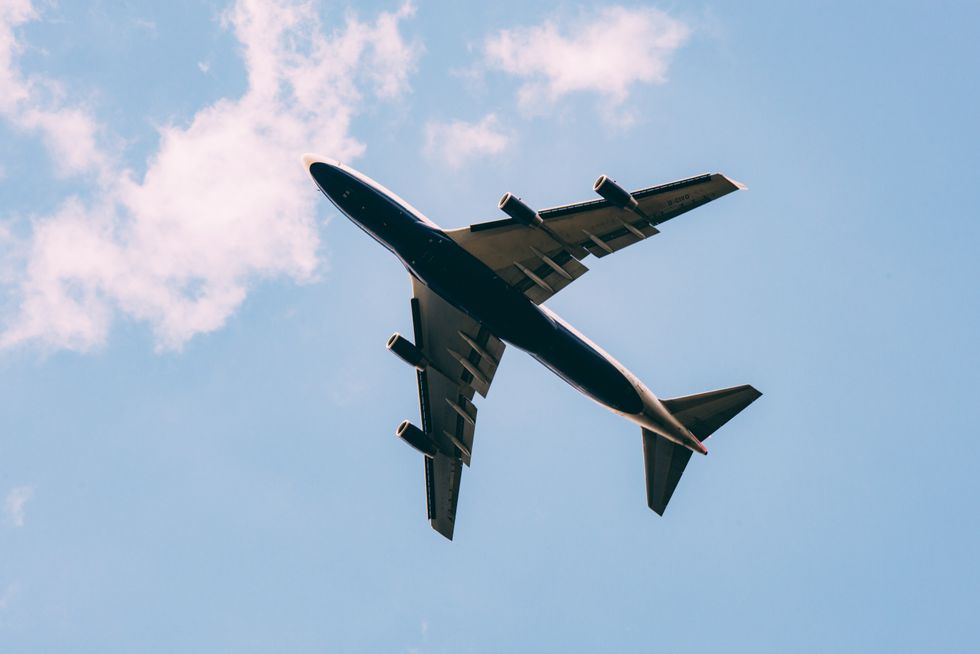Samim Bigzad, an Afghan man who fled from Afghanistan to the United Kingdom after being threatened with beheading by the Taliban, was denied his application of asylum in the country and was put on a plane to be sent back to Afghanistan. Activists quietly informed passengers of the flight at the airport that the flight would be forcibly deporting the man to Afghanistan in hopes that someone would prevent it. As three guards attempted to force him onto the plane through his refusals and shouts, including the statement "I’m going to get killed in Afghanistan," he was forced onto the flight.
But right before takeoff, the pilot of the flight, who has not yet been identified, refused to fly him much to Bigzad's shock and happiness. He was then sent back to detention in the UK.
According to an interview for The Independent with Bigzad’s cousin, "Samim said they were in the tunnel by the door when the pilot came out and said: 'You’re not going to take him, I’m not flying. Someone’s life is at risk.'"
Under the regulations of the Europe Aviation Safety Agency, a pilot is responsible for the “safety of the aircraft and of all crew members, passengers, and cargo on board.” This gives the pilot the authority to decide who gets on the plane, who doesn’t, when the plane takes off, or if it does at all.
The interview claims that Kavel Rafferty said she had given up all hope for the asylum seeker, who had been staying with her for four months, when she received a phone call from the Brook House immigration removal center near Gatwick.
“The last message I’d had from him was so sad – it just said ‘they’ve come to take me’ and then the phone was switched off,” she added.
With the pilot’s refusal to fly him, Bigzad and his family filed for asylum once again with new evidence of the threat to his life, but another deportation attempt is very much expected by the government.
The Independent also reports:
"Bigzad was repeatedly threatened by the Taliban because of his work for a construction company that had contracts with the Afghan government and American firms – both regarded as enemies by the Islamist insurgents. After receiving phone calls telling him he would be beheaded by militants who knew where he lived and worked, he risked his life to reach the UK via Turkey, Greece and France, almost suffocating in a lorry from Calais. He arrived in Britain in November 2015, moving to Kent to join relatives and care for his father, a British citizen and former Afghan national who suffers from mental illness after being imprisoned and tortured by the Taliban in the 1990s."
The activist groups are planning on employing the same strategies to prevent his deportation in the future as well as the deportation of other asylum seekers whose lives would be in great danger if they are sent back to the countries from which they fled.
To the people that claim that refugee screening is not strong enough, this is clear evidence to the contrary. Asylum seekers are forced to present evidence that many have no way of obtaining. The Home Office issues impossible requests for original documents from Kabul and other bureaucratic obstacles and set the bar far too high to prove the risk to life beyond a reasonable doubt. Many like Bigzad simply cannot meet the standards and are sent back even though their fears are very real.
With Trump's new travel ban coming into force and the constant rhetoric among his supporters of the antagonism and fear of refugees, it's important to remember not to group people with the very groups by which they have been victimized, violated, and threatened. For this reason, as time passes it is important to remember cases like Bigzad's, who provide a perfect example of this.
















